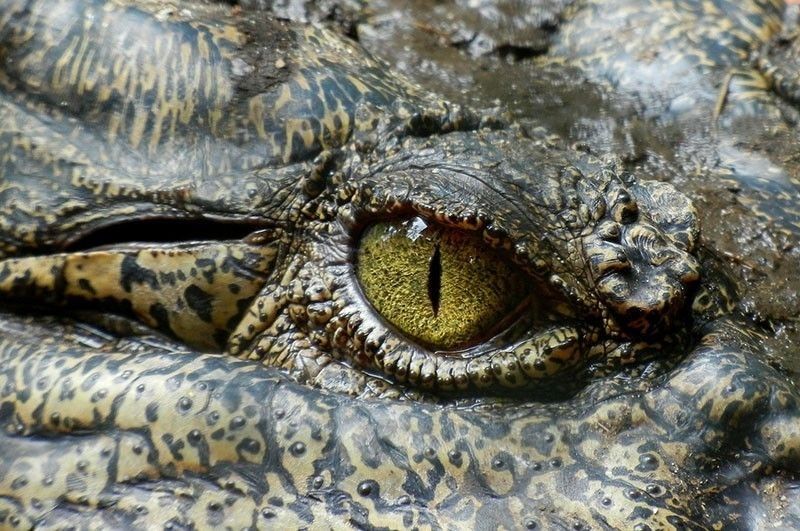DENR alarmed by 82% drop in Philippine crocodile population

MANILA, Philippines — The population of Philippine crocodiles has declined by 82 percent, according to Secretary Maria Antonia Yulo-Loyzaga of the Department of Environment and Natural Resources (DENR).
“The Philippine crocodile, Mindorensis, holds the distinction of being the rarest crocodile species globally, facing an alarming 82 percent decline in known localities,” Loyzaga said during the 29th Crocodile Conservation Week in Puerto Princesa City.
The ongoing threat includes habitat loss and human persecution, she added.
“As a critically endangered species, the conservation of Philippine crocodile is important to local communities in terms of both cultural and economic value, and assess the potential to support livelihoods related to the ecological tourism that is actually present today,” she noted.
The current wild population estimates stand at over 500 for Philippine crocodiles and over 6,000 for saltwater crocodiles, Loyzaga said.
The Palawan Wildlife Rescue and Conservation Center (PWRCC), formerly Crocodile Farming Institute, now shelters at least 1,000 Crocodylus mindorensis and Crocodylus porosus, she noted.
“As I heard this morning, there are at least 68 fresh and saltwater crocodiles, including those found in the different parts of the Philippines, as far as Mindanao, composed of hatchlings, juveniles, sub-adults, and adults,” she added.
The PWRCC has been successful in breeding Philippine crocodiles and saltwater crocodiles as sources of stocks to replenish wild populations, Loyzaga said.
The center also serves as the national repository of rescued crocodiles that can be used for commercial breeding and source of breeder stocks, she noted.
“PWRCC remains an ecotourism destination in Puerto Princesa, contributing to the social, economic development and well-being of local communities that are engaged in the protection and conservation of this valuable natural resource through activities such as guided tours and local crafts,” she added.
“One of the goals and objectives of the facility is to remove such species from the International Union for Conservation of Nature list of critically endangered species,” Loyzaga said.
- Latest
- Trending






























